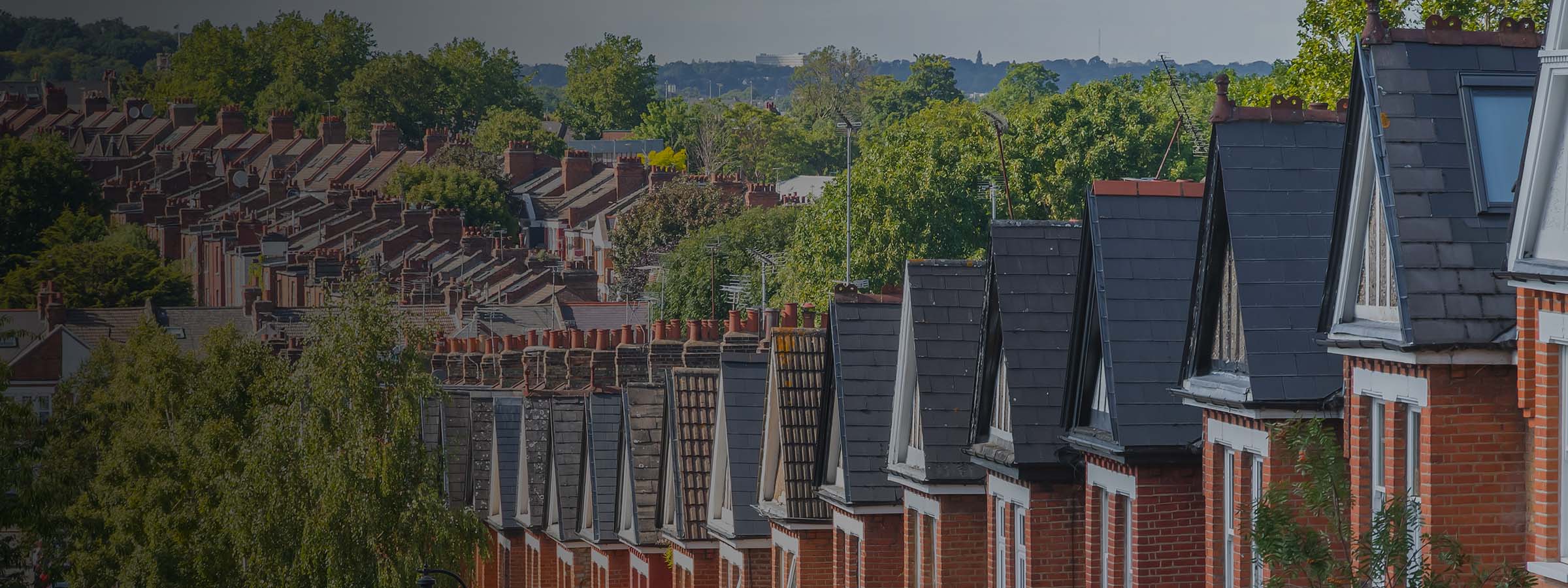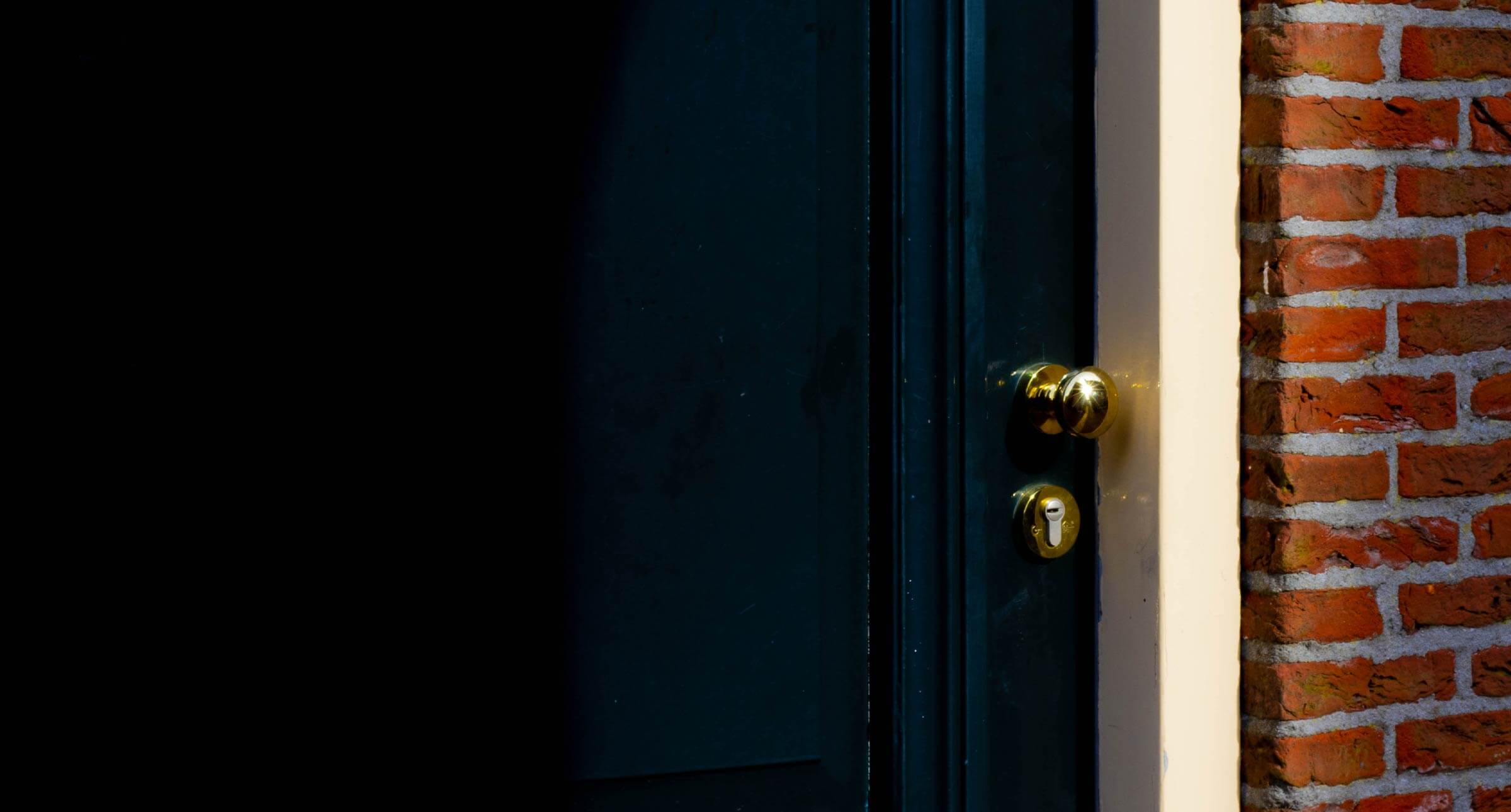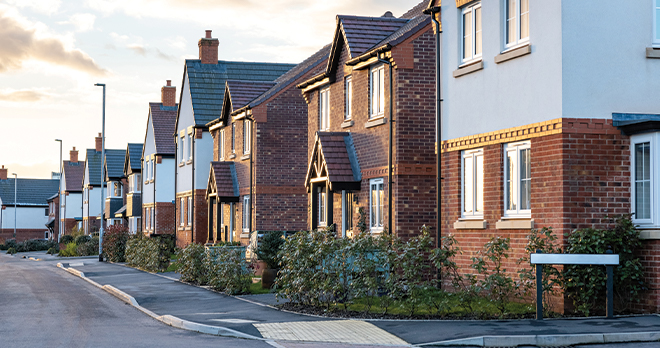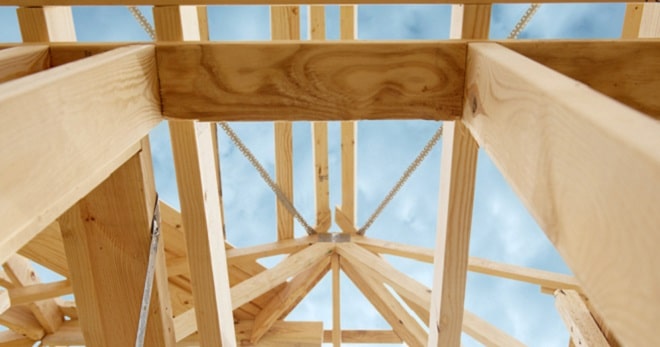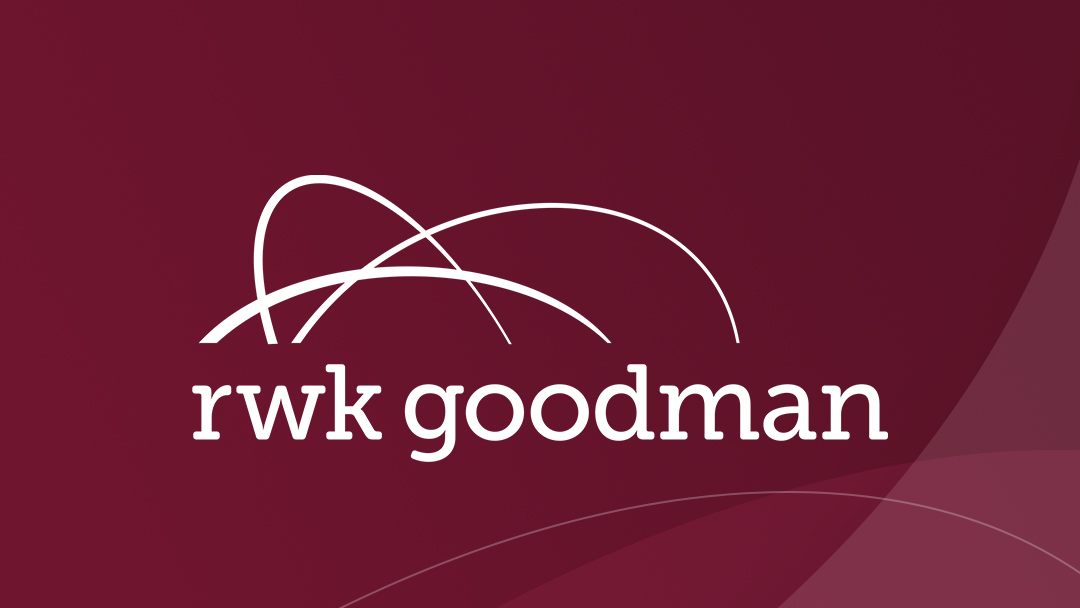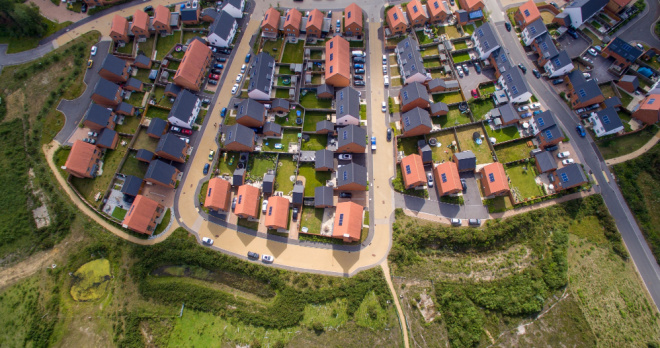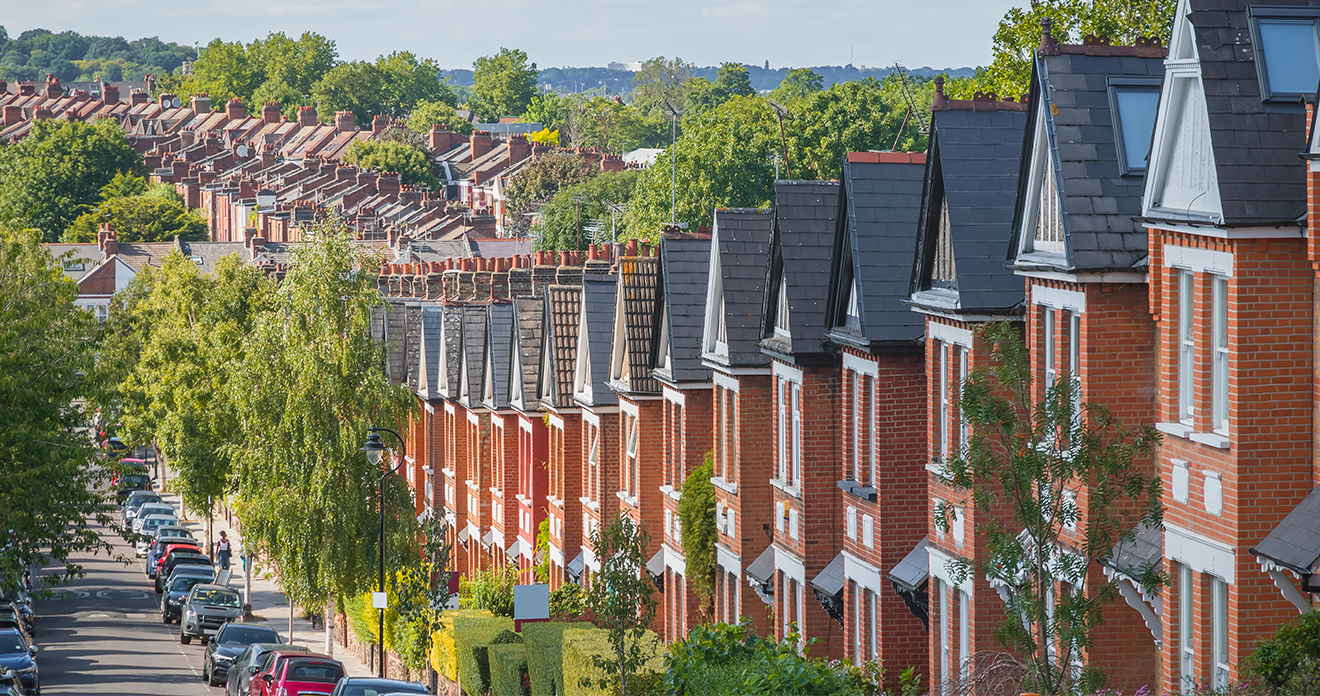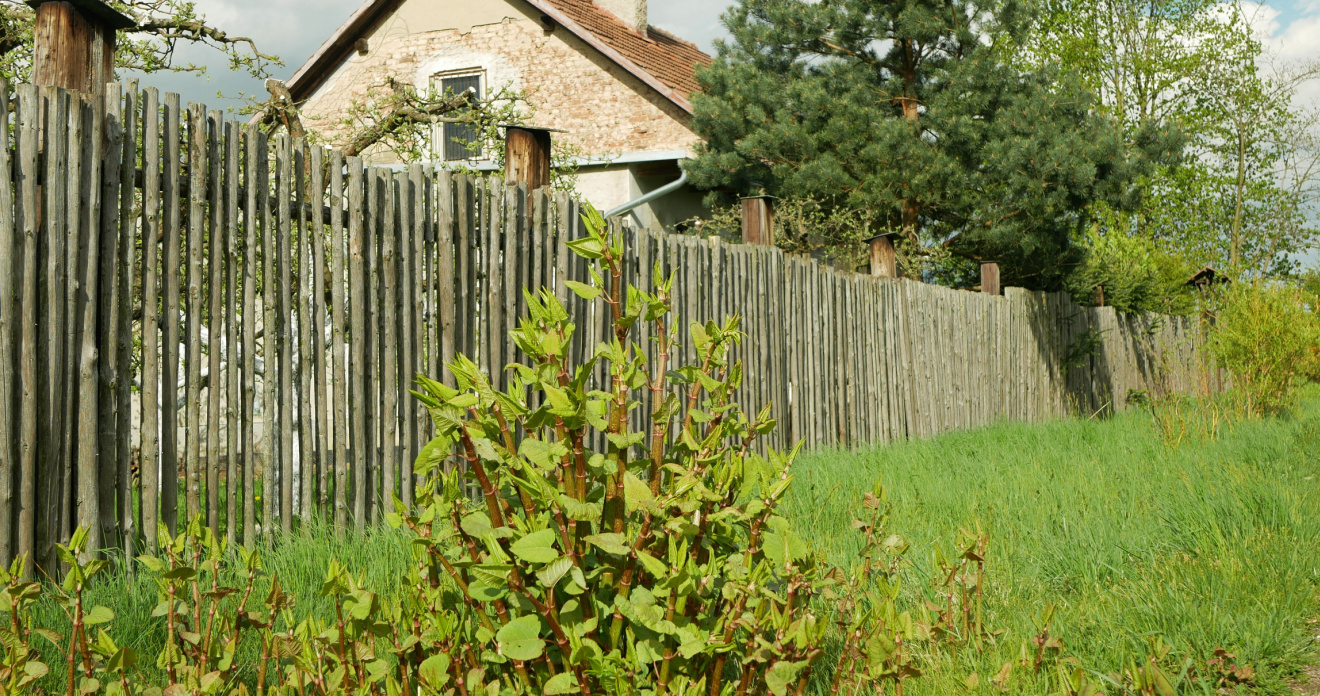What deposit and funding do you need to buy a house?

A guide to your deposit options when purchasing a property.
This is an easy guide to all things deposit and mortgage related, including what to do about proving funds, gifted deposits and lifetime ISAs.
Purchasing a property is an exciting time, but there is lots to consider. It is important to ensure your deposit and funding arrangements are in place but it can be confusing as to what is required.
How much deposit will I need when buying a property?
When purchasing a property, you will usually need to have a deposit which is 10% of the total purchase price. This is required by the contract and in order to proceed to exchange of contracts, we will need to be holding these funds.
In some instances, you may have a 5% deposit if you have agreed a 95% mortgage with your mortgage lender. In these cases, the lower deposit will need to be agreed by the seller prior to exchange of contracts and in the event of a breach of contract you would remain liable for the full 10% deposit.
Showing evidence of the source of deposit funds.
Your conveyancer will require evidence of your deposit funds in your bank account and how these have accrued over time. Often when purchasing a property, deposit funds come from savings from salary over time, so this can be satisfied with payslips and accompanying bank statements.
Can you buy a house with a gifted deposit?
Another common source of deposit funds is by way of gift from family members. If you are receiving gifted funds, it is best to disclose this at the outset to both your conveyancer and your mortgage lender, as there are different requirements that must be complied with. Disclosing early will prevent any unnecessary delays.
The person providing the gift will also need to be able to provide source of funding evidence, their ID and a letter confirming the amount and terms of the gift. Your conveyancer can provide you with a template for the letter to assist with this.
How is my deposit released when in a chain?
If you are in a chain of transactions, there is sometimes confusion as to where your deposit comes from on exchange.
To answer this, the exchange deposit comes up from the bottom of the chain, where the buyer has the deposit available in their bank account. The buyer’s exchange deposit will be used for their purchase, and then the seller will use it for their onward purchase and so on, up the rest of the chain.
Sometimes this will mean that the deposit from the bottom of the chain is not enough to be 10% of your purchase price. In this instance, you will need to ask the seller as to whether they will accept a reduced deposit for exchange. A seller may request you put additional money towards the deposit to make it up to 10% but this might not always be possible if the funds are tied up in the equity of your house or if you are obtaining mortgage finance.
Where a lower deposit is being used, each party will always remain liable for the full 10% deposit in the event of a breach of contract, but if the full 10% deposit is not being held by a conveyancer you would have to sue the party in breach under the terms of the contract for the remainder of the deposit.
Deposit saving accounts.
Specific saving accounts can be used including Lifetime ISAs and Help to Buy ISAs, which are a great way to increase your deposit funds.
A Lifetime ISA offers a 25% government bonus up to £1000 per year – please see Lifetime ISA – GOV.UK (www.gov.uk) for more information.
You can no longer open a Help to Buy ISA, but accounts currently open can still be used for your purchase.
It’s important to let your conveyancer know at the outset if you are using one of these schemes so the funds can be requested for completion in good time.
Things to consider when obtaining a mortgage.
A mortgage broker is a good place to start when it comes to mortgages, as they can often find the best deal for you. Once your mortgage has been offered, the mortgage lender will write to us with their instructions as we also act for the lender, as well as acting for you. We communicate with most mortgage lenders via online portals, so we receive your mortgage offer through the portal and will also request the mortgage funds this way once we are ready to complete.
As mentioned previously, it is important to disclose to your lender if you intend to have funds gifted for your deposit. Another point to disclose to your lender is if you will have anyone else living at the property with you, who is not also a purchaser. This includes anyone aged 17 or over. It’s best if you mention this when applying for your mortgage so that the offer can be prepared correctly.
We will of course confirm any further details with your lender as necessary once we have received their instructions, but the more information you can give them when applying for the mortgage, the better.
Other costs to be aware of when buying a house.
In addition to your deposit funds and arranging your mortgage, you should also ensure you have funds available for the other costs associated with a purchase, such as conveyancing legal fees and stamp duty. If you are a first time buyer, stamp duty is not payable on properties up to £425,000. You can calculate your stamp duty liability using this Stamp Duty Land Tax Calculator. If you would like an estimate for our conveyancing costs for your proposed purchase, please do not hesitate to contact us and we would be delighted to assist.
Relevant services we offer
Read more from around RWK Goodman
View more articles related to Private Client, Property Conveyancing and Property Disputes

